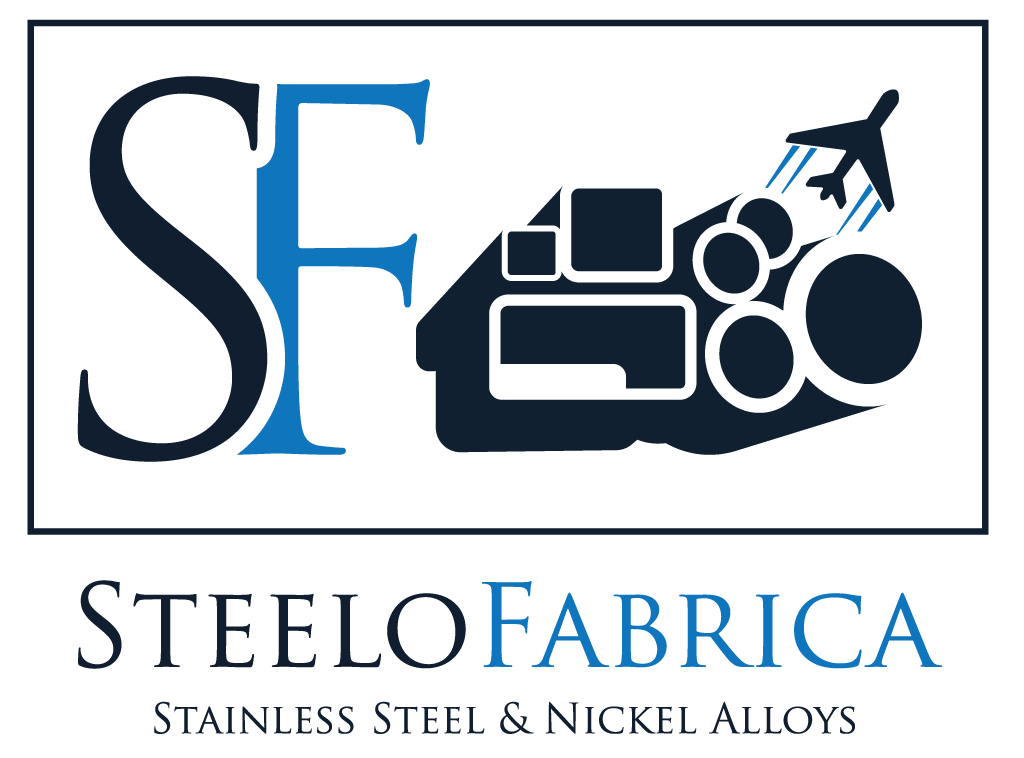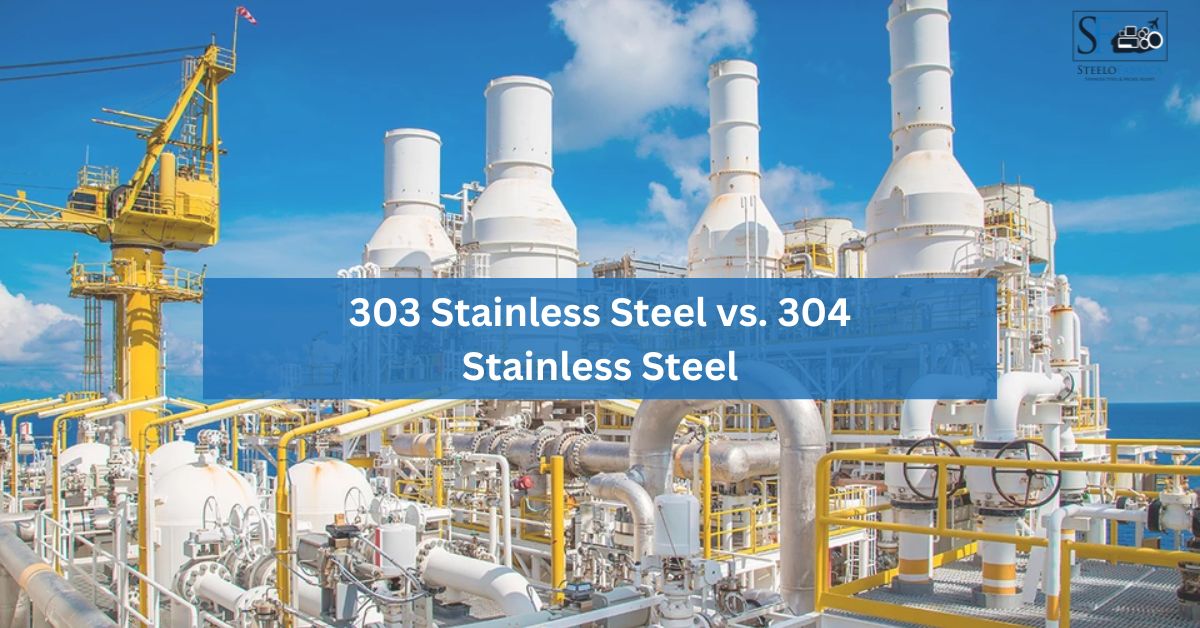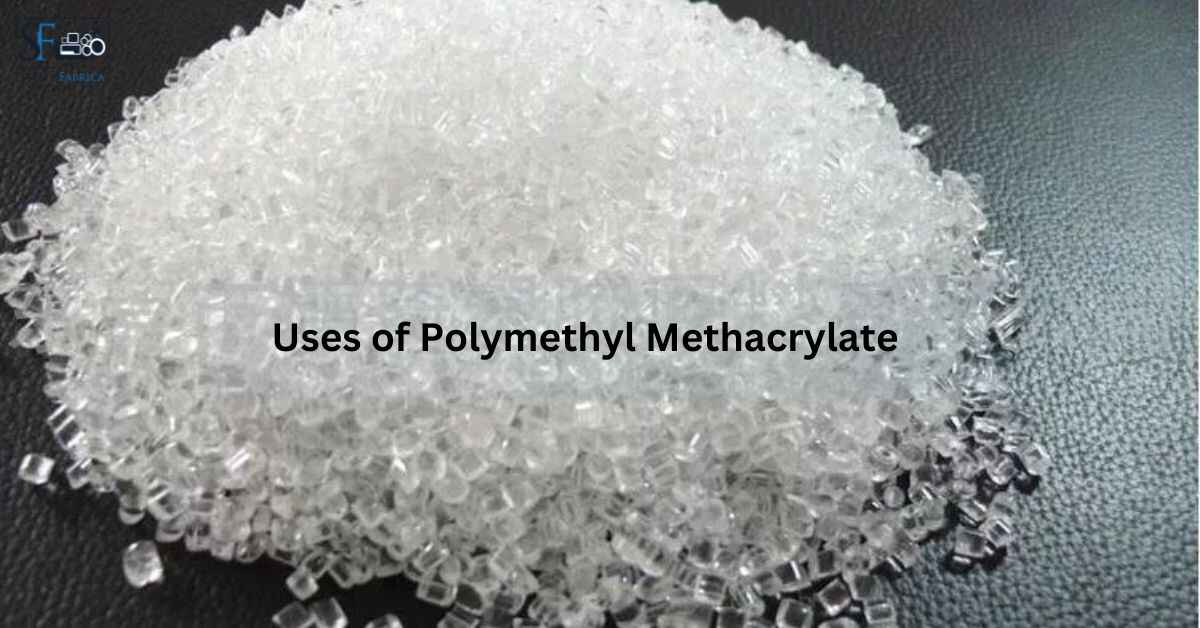Titanium, a robust and corrosion-resistant metal, is gaining popularity in the manufacturing industry, particularly in aerospace and medical applications. Its strength-to-weight ratio and biocompatibility make it an excellent choice for lightweight yet high-stress designs in aerospace components and medical implants. This blog post will delve deep into the advantages of using titanium wire and how it has revolutionized the aerospace and medical industries.
What is Titanium Wire?
Titanium wire is a strong, lightweight metal wire made from pure titanium. It has excellent corrosion-resistant properties, high mechanical strength, and low thermal expansion. Furthermore, it can maintain good electrical conductivity even at elevated temperatures due to its high oxidation resistance. Additionally, aerospace applications often use these products because of their non-magnetic characteristics, and medical implants utilize them due to their biocompatibility.
Advantages of Using Titanium Wire in Aerospace and Medical Industries
Strength-to-Weight Ratio:
Titanium’s strength-to-weight ratio is 40% higher than steel’s. This property makes the metal an ideal candidate for aerospace applications, where reducing weight while still maintaining strength is crucial. Since titanium is lighter than steel, it can reduce fuel consumption and lower the operational costs of aircraft. The metal is also preferred in the medical field because of its lightweight qualities, making it easy to use in surgical implants seamlessly.
Corrosion-resistant:
Titanium is highly corrosion-resistant, making it an attractive option, especially in harsh operating environments in both aerospace and medical industries. Its resistance to chlorine and seawater corrosion makes it highly favorable in the marine and offshore industries, where maintenance costs can be reduced significantly.
Biocompatibility:
Titanium’s biocompatibility makes it an excellent choice in the medical industry as it is less likely to cause allergies or other adverse reactions. Medical professionals use titanium to produce surgical implants, such as joint replacements. The metal can integrate with the human bone, making it an optimal choice for implants.
Durability:
Titanium is a highly durable metal that can withstand extreme temperatures and high-stress environments without significant wear and tear. Its properties make it a preferred material for critical components of airplane engines that can withstand temperatures up to 1100 degrees Celsius. In the medical field, titanium’s durability ensures implants stay intact under high-stress conditions, providing patients with long-lasting and effective solutions to their medical conditions.
Ease of Fabrication:
Titanium is easy to fabricate and weld, making it highly preferred in manufacturing. Manufacturers can use different forms of titanium, such as titanium sheets, tubes, or wires, depending on the applications. The metal’s ductility provides it with flexibility, allowing it to be drawn into wires, making it suitable for the aerospace and medical industries.
Uses of Titanium Wire
Aerospace industry
The aerospace industry widely uses titanium wire for its lightweight and superior strength. It possesses excellent corrosion and non-magnetic properties and is temperature resistant, enabling its utilization in extreme environments. Also, titanium wire offers a high elongation, allowing it to absorb multiple impacts from large loads without breaking or losing shape. This makes it ideal for aircraft engines, frames, landing gear components, and airframe structure reinforcements.
Medical Industries
The medical industry widely uses titanium wire due to its superior strength, flexibility, and ability to resist corrosion in harsh environments. It is often used to construct orthopedic implants such as joint replacements, plates, and screws; for sutures and other surgical instruments; and for cardiovascular stents due to its biocompatibility with human tissue. Titanium wire also has a variety of uses outside of the medical industry, including aerospace engineering, chemical processing equipment, automotive manufacturing, and architecture.
Conclusion:
Titanium’s unique properties have made it a preferred material in the medical and aerospace industries. Its biocompatibility, lightweight, corrosion resistance, high strength, and durability make it versatile for producing components requiring high-quality performance. We can conclude that titanium’s popularity will continue to grow, especially in the manufacturing industries, where it has proven to be a game-changer. Efforts to develop and improve the technology around titanium manufacturing will continue, leading to more innovative applications and solutions.





